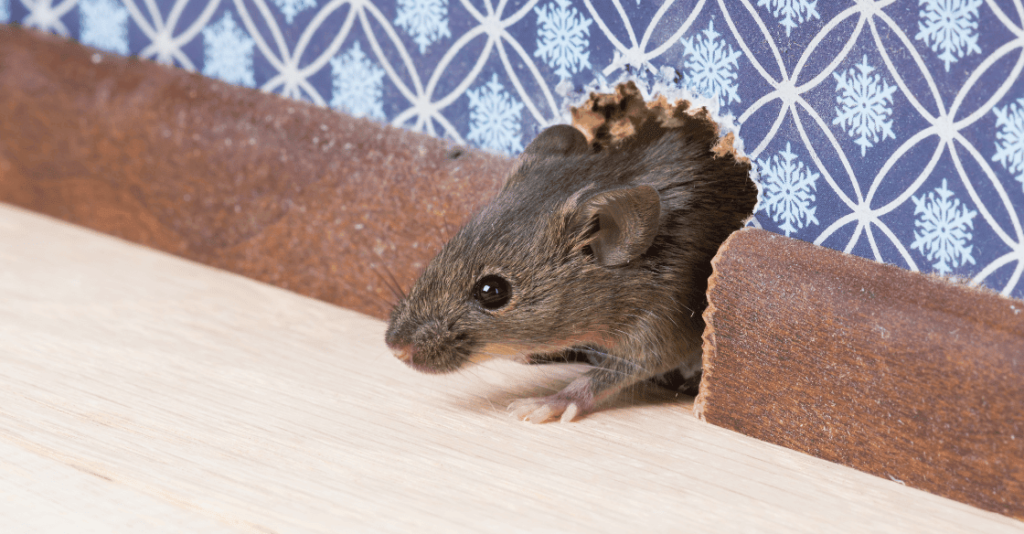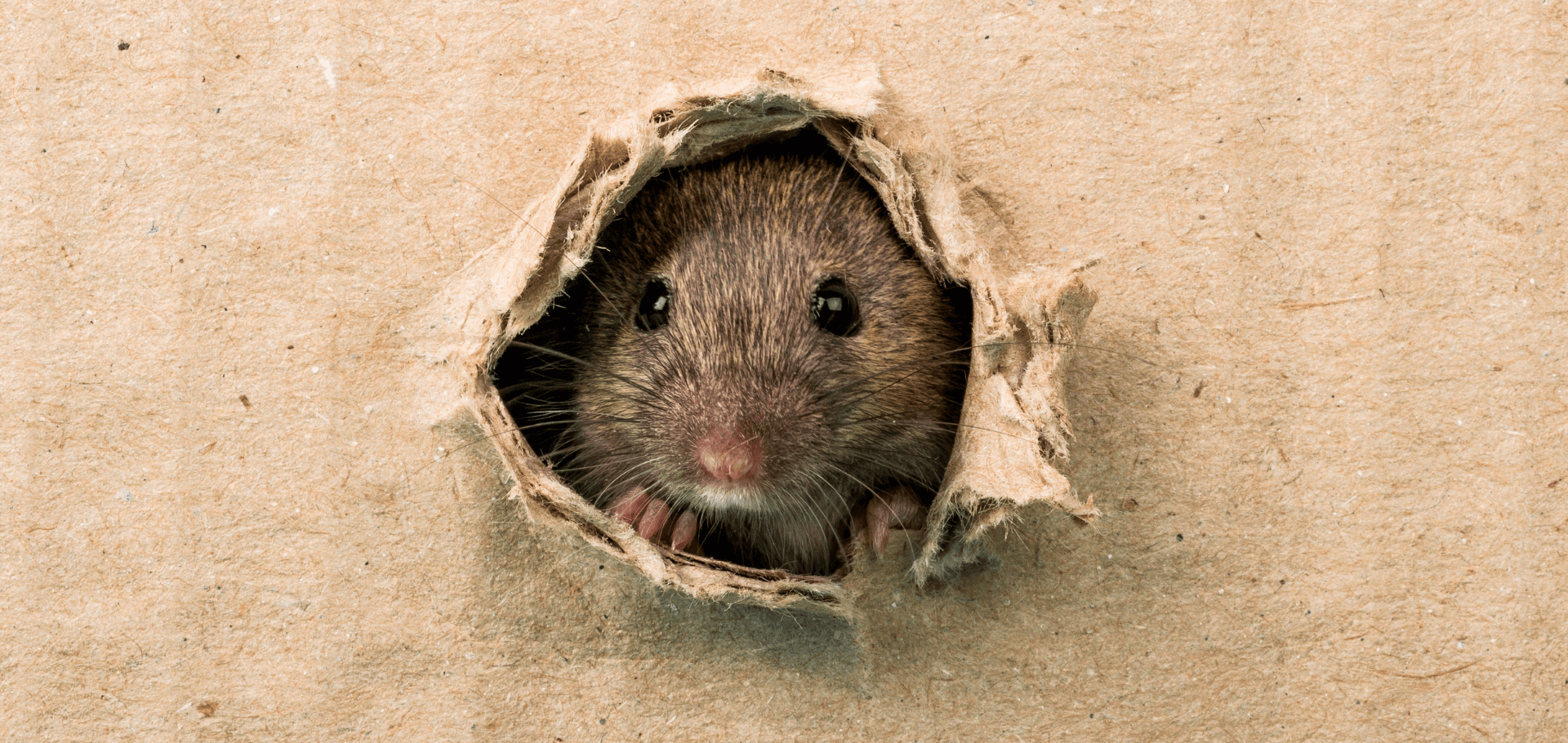It’s not advisable to put rat poison directly down a rat hole. While it might seem like a straightforward solution, it poses risks to other animals, pets, and even humans. If a rat consumes the poison and dies within the hole, there’s a possibility that the carcass could attract other pests, leading to a different set of problems.
Additionally, using poison in this manner can result in unintended consequences. For instance, a poisoned rat might crawl away to die in an inaccessible area, leading to foul odors or even attracting other predators that might feed on the poisoned rat.
A safer and more effective approach would be to use traps or other methods that control rat populations without posing a risk to other animals or the environment.
What Are the Risks and Consequences of Depositing Rat Poison?
Depositing rat poison down a rat hole can lead to various risks and consequences, including:
Secondary Poisoning
Other animals or pets might come into contact with the poison when scavenging or hunting the poisoned rats, leading to unintended harm or death to non-target species.
Environmental Contamination
Rat poison can potentially leach into the soil or water sources, posing risks to the ecosystem and other wildlife.
Health Hazards to Humans
Accidental exposure to rat poison by humans, especially children or individuals unaware of its presence, can lead to health complications.
Ineffectiveness and Resistance

Rats might avoid the poisoned bait or develop resistance to the poison, making it an ineffective method for eradication.
Odor and Attraction of Pests
Dead rats from poisoning might decompose within the rat hole, causing foul odors and attracting other pests due to the carcasses.
Inaccessibility of Dead Rats
Poisoned rats might die in unreachable locations, leading to difficulties in removing the carcasses and resulting in sanitation issues.
Ethical Concerns
Using poison to kill rats raises ethical considerations about animal welfare and the potential suffering caused by the poison’s effects.
Considering these risks and consequences, alternative and safer methods for rat control should be explored to effectively manage rat infestations without causing harm to the environment, other animals, or risking human health.
What Are the Safer Alternatives to Using Rat Poison in Rat Holes?
Firstly, employing snap traps offers an effective and humane way to capture rats. These traps should be strategically placed along rat pathways or near entry points, regularly checked, and reset as needed. Another option involves live traps, which catch rats without causing harm, allowing for their subsequent release far from your property to prevent their return.
Additionally, ultrasonic repellents emit frequencies that create an uncomfortable environment for rats, though their effectiveness can vary. Sealing entry points that rats use to access your property is another crucial step. This prevents new rats from entering and reduces the necessity for direct intervention.
Natural deterrents such as peppermint oil or ammonia can be sprayed around potential entry points or areas frequented by rats to discourage them from staying. Furthermore, maintaining cleanliness through proper sanitation practices—such as eliminating food sources, sealing garbage, and keeping a tidy environment—acts as a preventive measure against rat attraction.
For more complex infestations or tailored solutions, seeking help from professional pest control services is advisable. Pest control professionals can offer safe and effective methods to manage rat populations without posing risks to the environment, other animals, or human health.
Utilizing a combination of these alternative methods can prove more effective in controlling rat populations without resorting to using rat poison. It is essential to prioritize the safety of other animals, pets, and the environment when selecting a rat control strategy.
FAQ’s
Does putting out rat poison attract rats?
No, rat poison typically doesn’t attract rats directly. However, it can inadvertently lure them if placed in areas where rats frequent due to the bait’s attractiveness.
Is it cruel to poison rats?
Using poison for rats raises ethical concerns due to potential suffering caused by the poison’s effects, making it a debated method for control.
Where do rats go after eating poison?
Rats can retreat to inaccessible areas, making it challenging to locate them after ingesting poison. They might die in hidden spots.
Do rats ignore poison?
Rats might initially be cautious of new substances, including poison. However, some baits can be enticing enough for them to consume eventually.
What do rats hate most?
Rats strongly dislike certain scents like peppermint, ammonia, or predator urine, which can deter them from certain areas.
Will rats eat poison straight away?
Rats can be wary of new food sources, so they might not consume poison immediately. The time taken can vary based on bait type and rat behavior.
Final Words
In conclusion, several safer alternatives exist to effectively manage rat infestations without resorting to using rat poison in rat holes. These methods include employing snap traps or live traps strategically placed along rat pathways, using ultrasonic repellents or natural deterrents like peppermint oil or ammonia, and sealing entry points to prevent rat access.
Additionally, maintaining cleanliness and proper sanitation practices is crucial in deterring rat presence. Seeking assistance from professional pest control services offers tailored and effective solutions while prioritizing the safety of the environment, other animals, and human health.

